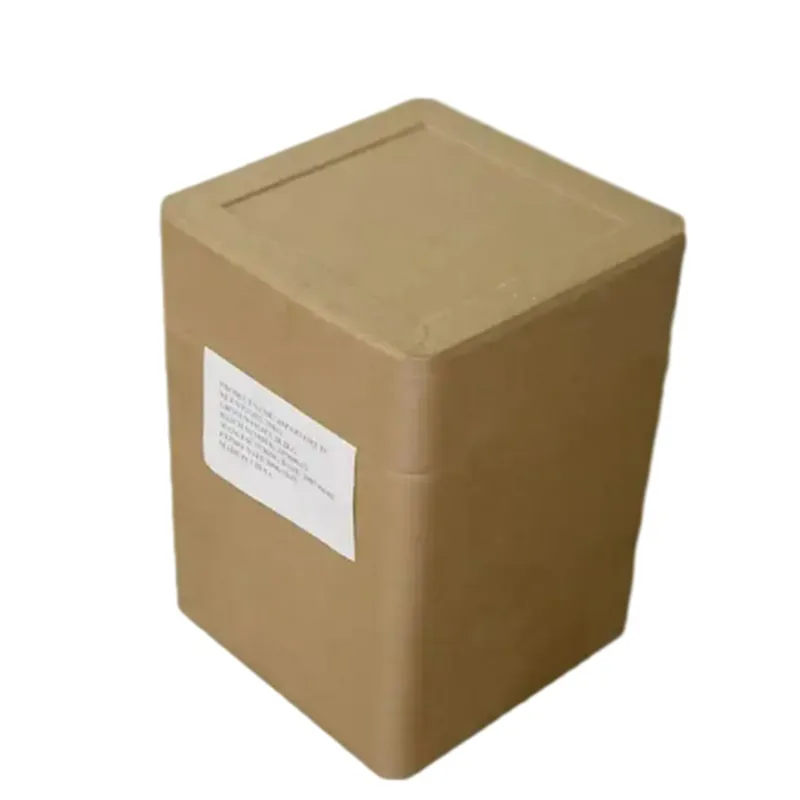
Natural Alternatives for Preserving Freshness in Bread Products
The Role of Natural Preservatives in Bread
Bread, one of the oldest prepared foods in history, has been a staple in many cultures around the world. However, one of the challenges faced by bakers and consumers alike is the preservation of bread. Natural preservatives play a crucial role in extending the shelf life of bread while maintaining its flavor and texture. As more consumers become health-conscious and seek to avoid artificial additives, the demand for natural bread preservatives has increased significantly. This article explores the benefits, types, and applications of natural preservatives in bread production.
Understanding Bread Spoilage
Before delving into natural preservatives, it's essential to understand why bread spoils. Bread contains moisture, which makes it an ideal medium for microbial growth, particularly mold and bacteria. The process of staling, where bread loses its fresh texture and becomes hard, is also a significant concern. Traditional preservatives like calcium propionate, while effective, are often synthetic and can be off-putting for consumers looking for healthier alternatives.
Benefits of Natural Preservatives
Natural preservatives offer several advantages over their synthetic counterparts. Firstly, they are generally regarded as safe and are often found in everyday foods, which can appeal to consumers' preference for clean labels. Secondly, they contribute additional nutritional benefits and may enhance the flavor profile of the bread. Finally, natural preservatives typically have a lower environmental impact, aligning with the increasing consumer demand for sustainability in food production.
Types of Natural Preservatives
Several natural preservatives can be effectively used in bread production. Here are some of the most common
1. Vinegar Acetic acid, found in vinegar, is a potent antimicrobial agent. It can help prevent mold growth and extend the shelf life of bread without significantly altering its taste. Using vinegar in bread dough also enhances the bread's overall flavor profile.
2. Honey Honey has natural antimicrobial properties due to its low moisture content and high acidity. It acts as a humectant, helping to retain moisture in the bread, which can also reduce staling. Additionally, honey adds a subtle sweetness and depth of flavor.
natural bread preservatives

3. Salt While primarily used for enhancing taste, salt also acts as a natural preservative. It inhibits the growth of bacteria and molds, making it a staple in bread making. However, it is essential to use it in balanced quantities to prevent negative impacts on taste and texture.
4. Citrus Extracts Citrus fruits, such as lemon or lime, contain citric acid, which can reduce spoilage by creating an inhospitable environment for microbes. Citrus extracts can also impart a fresh taste to the bread.
5. Essential Oils Certain essential oils, such as rosemary and thyme oil, possess antimicrobial properties. Incorporating small amounts of these oils in bread recipes can not only extend the shelf life but also provide unique flavor characteristics.
6. Fermented Ingredients Using sourdough or other fermented ingredients can also serve as a natural preservative. The fermentation process creates organic acids that help inhibit spoilage and enhance the bread's flavor.
Applications and Considerations
When incorporating natural preservatives into bread recipes, bakers need to consider dosage and the overall balance of flavors. Each natural preservative has a unique flavor profile and level of potency. It is crucial to test different combinations and concentrations to achieve the desired shelf life without compromising quality. Additionally, the type of bread being produced—be it artisanal, whole grain, or gluten-free—may influence the choice of preservatives.
Furthermore, as consumers become more educated about ingredients, transparency in labeling is vital. Bakers should clearly indicate where and how natural preservatives are used to inform customers and build trust.
Conclusion
Natural preservatives hold significant potential for enhancing the shelf life and quality of bread. With the increasing consumer preference for clean labels and health-conscious eating, incorporating natural options can help meet market demands while preserving the integrity and flavor of the bread. As research continues to explore innovative preservation methods, the future of bread production looks brighter, offering consumers both safety and enhanced taste through the power of nature.
-
Nitrile Rubber Honoring Strict Production StandardsNewsAug.22,2025
-
Aspartame Ingredients Honoring Food Safety ValuesNewsAug.22,2025
-
Fertilizer for Balanced Plant NutritionNewsAug.22,2025
-
Cyanide Gold Processing with High Purity AdditivesNewsAug.22,2025
-
Formic Acid in Textile Dyeing ApplicationsNewsAug.22,2025
-
Aluminum Hydroxide Gel in Skincare ProductsNewsAug.22,2025
-
Regulatory Compliance for Global Mining Chemicals UseNewsAug.12,2025
Hebei Tenger Chemical Technology Co., Ltd. focuses on the chemical industry and is committed to the export service of chemical raw materials.
-

view more DiethanolisopropanolamineIn the ever-growing field of chemical solutions, diethanolisopropanolamine (DEIPA) stands out as a versatile and important compound. Due to its unique chemical structure and properties, DEIPA is of interest to various industries including construction, personal care, and agriculture. -

view more TriisopropanolamineTriisopropanolamine (TIPA) alkanol amine substance, is a kind of alcohol amine compound with amino and alcohol hydroxyl, and because of its molecules contains both amino and hydroxyl. -

view more Tetramethyl Thiuram DisulfideTetramethyl thiuram disulfide, also known as TMTD, is a white to light-yellow powder with a distinct sulfur-like odor. It is soluble in organic solvents such as benzene, acetone, and ethyl acetate, making it highly versatile for use in different formulations. TMTD is known for its excellent vulcanization acceleration properties, which makes it a key ingredient in the production of rubber products. Additionally, it acts as an effective fungicide and bactericide, making it valuable in agricultural applications. Its high purity and stability ensure consistent performance, making it a preferred choice for manufacturers across various industries.





